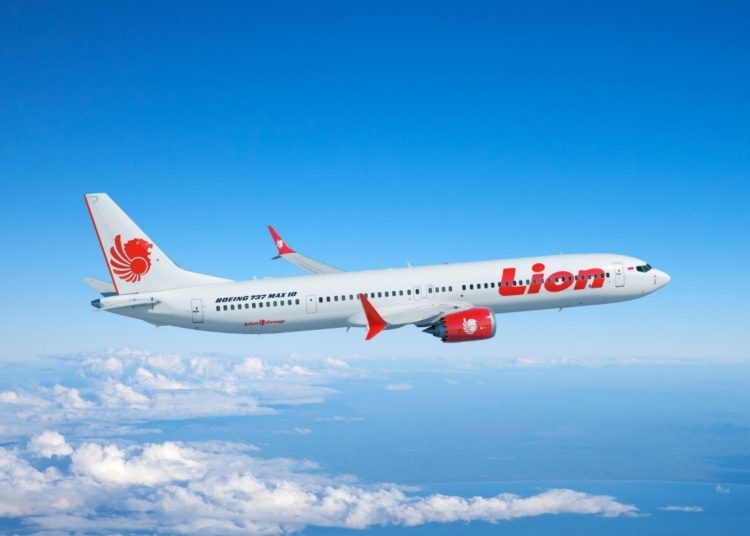FAA issues orders regarding 737 MAX after Lion Air crash
AI Overview
Summary is AI-generated, newsroom-reviewed.
The FAA has issued two Airworthiness Directives for the Boeing 737 MAX-8 and MAX-9 following the investigation into the Lion Air crash that killed 189 people in 2018. These directives address potential issues with a faulty angle of attack sensor that could lead to dangerous flight conditions.
Key points from this article:
- The FAA's directives were prompted by findings from the Indonesian National Transportation Safety Committee, which identified a faulty angle of attack sensor as a likely cause of the Lion Air crash.
- How the directives affect airlines: Major US carriers like Southwest and American Airlines, as well as Air Canada and Norwegian Air Shuttle, must comply with the FAA's mandatory regulations to ensure safety.
- Why this matters: The ongoing scrutiny of Boeing and its aircraft safety practices is critical as the company faces production delays and must restore confidence among regulators and the flying public.

The Federal Aviation Administration (FAA) issued two Airworthiness Directives (AD) for the Boeing 737 MAX-8 and 737 MAX-9 this week as a result of in the Lion Air crash on October 29, 2018. The crash, which resulted in the deaths of all 189 people on-board, is still being investigated by both Indonesian and Australian officials. […]

What readers are saying
Generating a quick summary of the conversation...
This summary is AI-generated. AI can make mistakes and this summary is not a replacement for reading the comments.









COMMENTS